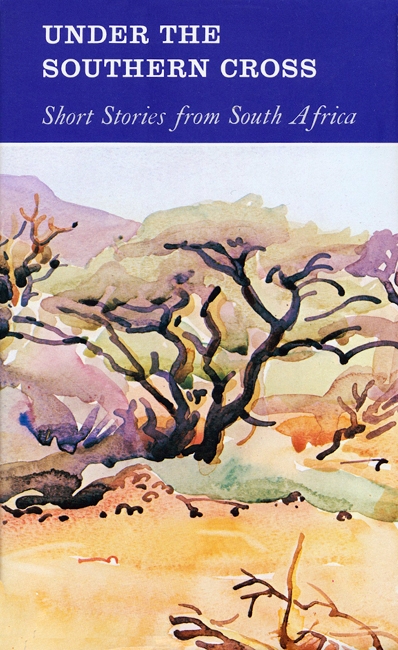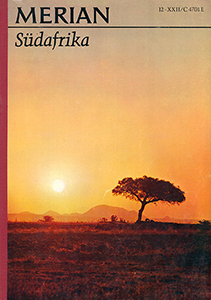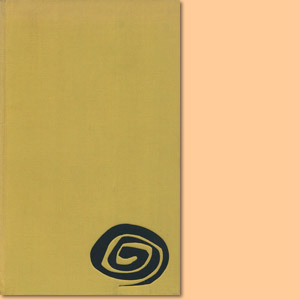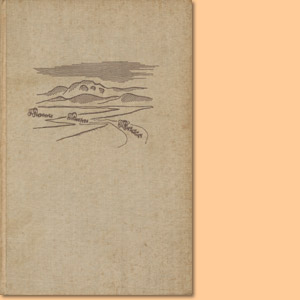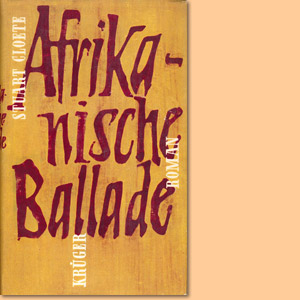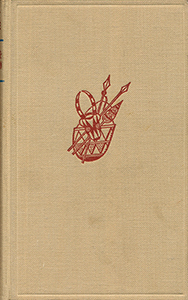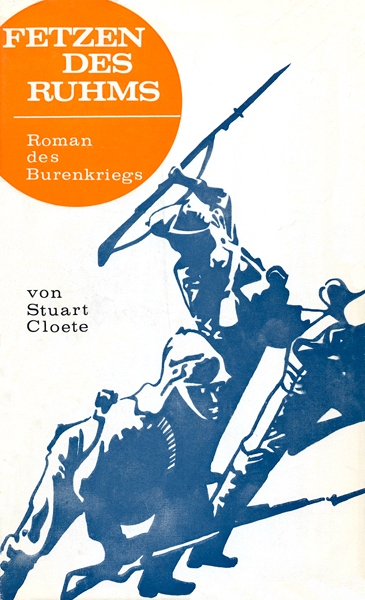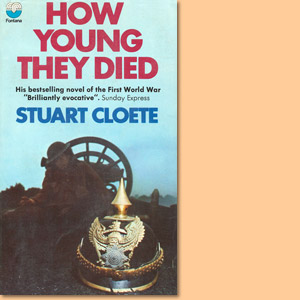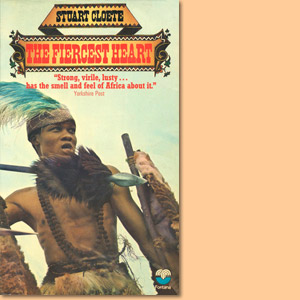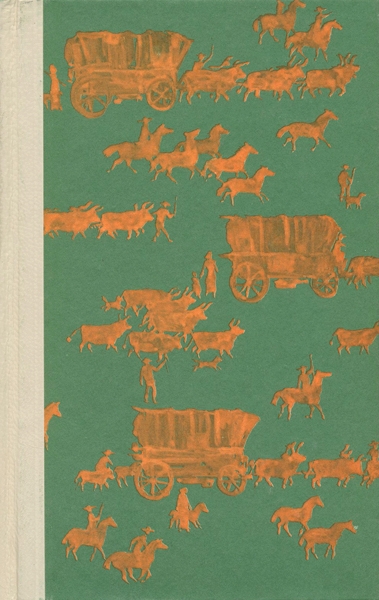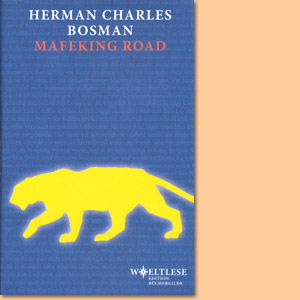Under the Southern Cross. Short Stories from South Africa, by David Adey et al.
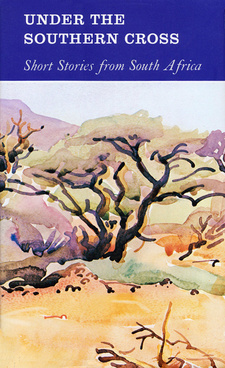
Under the Southern Cross. Short Stories from South Africa, by David Adey et al. ISBN 0949937975 / ISBN 0-949937-97-5
In the book Under the Southern Cross, a large number of authors have been selected, with the aim of producing a collection of short stories from South Africa as representative as possible.
Herman Charles Bosman Olive Schreiner Pauline Smith Stuart Cloete
Stuart Cloete: The Finger of God
The prisoner roll-call was at six in the evening. First there was the bugle call. Then the men collected on the red hard-baked parade ground. Not tidily, not fallen in, because the prisoners were Boers - farmers, free burghers - who had been captured as they fought for liberty. Then came the young officer and the fat sergeant. To the officer, the prisoners were rebels, an undisciplined lot who couldn't even form fours. He was Authority. He stood by the sergeant, who called the roll. The sergeant was the Voice. The Voice did not speak till the officer said, 'Call the roll, Sergeant.' Then he began. There were no A's, so he began with B. 'Basson!' he shouted. A tall slouched man said 'Ja.' The sergeant went on: 'Byers, Brink, De Jongh, Duminy ...' The men said, 'Ja, ja ...' Once they had answered, they ceased to be there. Their bodies were there, but their attention - their minds and hearts - wandered. There was no need for more attention. They could go back to their dreams of their wives and children, of their homes and cattle, and their dogs and the horses they had lost in the war. Jan Moolman heard his name called, Ja,' he said. In his mind he smiled. Tomorrow, when they called, he would not be there. His plans were made. Tomorrow, when the roll was called, Japie de Wet would answer in his place. Moolman was a hunter by profession. He had never married and so was less unhappy than the others. He had not married because once he had loved a girl - a little thing with blue eyes and blonde hair. Then she had a fever and in a week she was gone. After that, something died in his heart. But it was curious that, having suffered so much when he was young, he suffered less now than the others. God was just. If a man must suffer, He saw to it that he did not suffer too much, and never paid twice for the same thing. Jan was a man of medium height, dark-haired and dark-eyed as are many Boers with French blood. His skin was leathery, creased with the wrinkles of exposure to the sun and glare of Africa. He moved quickly, softly, with a slight horseman's roll. Stripped, he was a man of iron and whipcord, bound with brass. Though he was very quiet, you felt that this stillness could explode into action at any moment. He was a legend among his people. Sometimes it amused him. Any man could become a legend if he took enough risks and survived them. With Francina gone, he welcomed risks. They were the only thing that could take his mind off her, and if he was killed he would be with her. But he had told no one about her. Why should he? That had been in the beginning, twenty years ago. And now that way of living, taking chances, had become a habit. He knew no other. Three things he loved - his country, hunting and horses. He hated nothing except the English, after they started burning the farms and taking the wives and children of the Boers into protective custody, as as they called it. Unfortunately, being unused to confinement, many of them died in these camps, though they were cared for and well fed. They died the way a caged wild bird will die, of a broken heart - the way he himself might die if they sent him away from his land and over the sea. He thought of a British officer - a lancer - who had accompanied the general who had inspected the camp yesterday. (...)
This is an excerpt from the book: Under the Southern Cross. Short Stories from South Africa, by David Adey et al.
Title: Under the Southern Cross
Subtitle: Short Stories from South Africa
Editor: David Adey
Publisher: Ad. Donker; Delta House
Johannesburg; Cape Town, 1982
ISBN 0949937975 / ISBN 0-949937-97-5
Original hardcover, original dustjacket, 12x19 cm, 303 pages
Bosman, Herman Charles und Cloete, Stuart im Namibiana-Buchangebot
Under the Southern Cross. Short Stories from South Africa
Under the Southern Cross, an anthology of short stories, provides a wide-ranging introduction to South Africa.
Südafrika (Merian-Heft 12/1969)
Dieses Südafrika-Magazin erschien 1969 und gehört zu der Merian-Reihe "Monatsheft der Städte und Landschaften" des Hoffman und Campe Verlag.
Mamba
Mamba ist ein im Kongo angelegter, tragischer Liebes- und Beziehungsroman zwischen einem ehebrüchigen Weißen und einer Afrikanerin.
Wandernde Wagen. Roman aus Südafrika
Der Roman Wandernde Wagen handelt von der Geschichte des Großen Treks um 1830 in Südafrika.
Afrikanische Ballade
Afrikanische Ballade beschreibt die Zerstörung alter Lebenszusammenhänge in Afrika, der keineswegs die Bildung eines neuen Lebensgefühls gegenübersteht.
Wetterleuchten. Roman aus Südafrika
Wetterleuchten ist der Roman der ersten Buren-Rebellion gegen die Engländer in Südafrika um 1815.
Fetzen des Ruhms. Roman des Burenkriegs
Der Burenkrieg-Roman Fetzen des Ruhms erschien erstmals 1963 und erhielt das ungeteilte Lob der Kritik.
How Young They Died
How Young They Died is an expert blend of grimly harrowing trench warfare and a young man's initiation into the arts of love.
The mask. A savage story from the African past
The mask: A savage story from the African past brings to life the sights and sounds of the South African veld.
The Fiercest Heart
The Fiercest Heart is the story of a trekking Boer familiy in the 1830's of South Africa.
Das glühende Herz
Der Roman Das glühende Herz schildert die Lebens- und Schicksalsgeschichte südafrikanischer Treck-Buren in den 1830er Jahren.
Mafeking Road und andere Erzählungen
Mafeking Road und andere Erzählungen sind liebenswert schräge Kurzgeschichten aus der südafrikanischen Provinz, der nichts Menschliches fremd ist.

